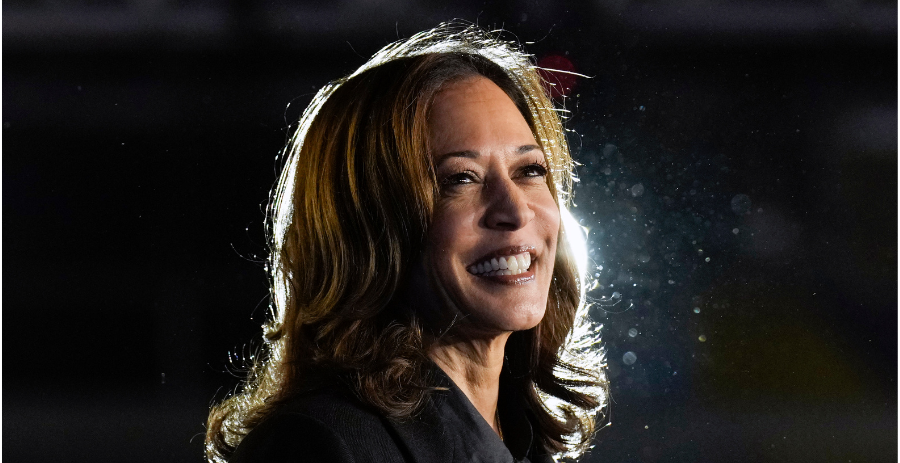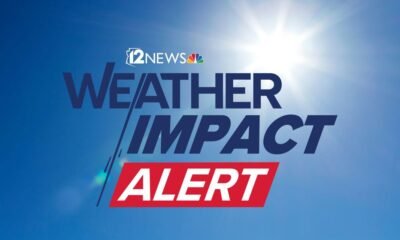2024 election
Kamala Harris Intensifies Efforts to Connect with Mormon Voters in Key Arizona Battleground

PHOENIX (AP) — Vice President Kamala Harris is intensifying her outreach to voters affiliated with the Church of Jesus Christ of Latter-day Saints in Arizona, aiming to counter Donald Trump’s appeal among this demographic. The campaign announced the formation of an advisory committee comprised of prominent Latter-day Saints, tasked with communicating why Trump may not align with their values.
In Arizona, nearly 450,000 members of the church constitute about 6% of the state’s population. This significant presence could play a crucial role in what is expected to be a tightly contested election.
Historically, Latter-day Saints have leaned Republican, maintaining a strong influence in local and state politics, particularly in GOP primaries in the West. In the 2020 election, approximately 70% of Mormon voters supported Trump, while around one-quarter chose Democrat Joe Biden.
Preventing Trump from garnering substantial support among key voter groups is central to Harris’ strategy. Gaining even a small percentage of Latter-day Saints’ votes could significantly impact the election outcome in Arizona, which Biden won by just under 10,500 votes in 2020 and where Democratic Attorney General Kris Mayes triumphed by merely 280 votes in 2022.
Supporters of Harris within the church are making faith-based arguments for the Democratic platform, highlighting the teaching that the U.S. Constitution is inspired by divine principles. Joel John, a co-chair of the advisory committee and a former Republican lawmaker, emphasized that voting should reflect respect for the Constitution and noted that Trump’s actions on January 6th stand in stark contrast to this value.
Although the Salt Lake City-based church does not endorse candidates, John argued that members should elect leaders who exhibit “good, honest and wise” qualities—traits he believes Trump lacks, regardless of policy disagreements with Harris.
Despite Trump’s popularity with conservative voters, he has faced challenges winning over Latter-day Saints due to his rhetoric and behavior, which many find inconsistent with the faith’s values of compassion and humility. Additionally, his conflicts with prominent church members such as U.S. Sen. Mitt Romney have not endeared him to this demographic.
In Arizona, Latter-day Saints hold a substantial share of the population, particularly in the East Valley of metro Phoenix. This area has shown tendencies toward ticket-splitting, increasingly leaning away from Trump-aligned Republicans, contributing to shifting political dynamics in a once-reliable GOP stronghold.
Harris’ campaign is not the first to court Latter-day Saints. Efforts date back to Hillary Clinton’s campaign in 2016, where she drew connections between Trump’s anti-immigration stance and historical religious persecution of Mormons. Biden’s campaign for the presidency also included initiatives aimed at mobilizing church members.
Social pressures within the church may prompt members to align with conservative politics, yet research indicates younger generations are increasingly prioritizing morals over party affiliation. Brittany Romanello, an anthropologist at Arizona State University, pointed out that many young Latter-day Saints are more diverse and willing to vote based on ethical considerations.
















